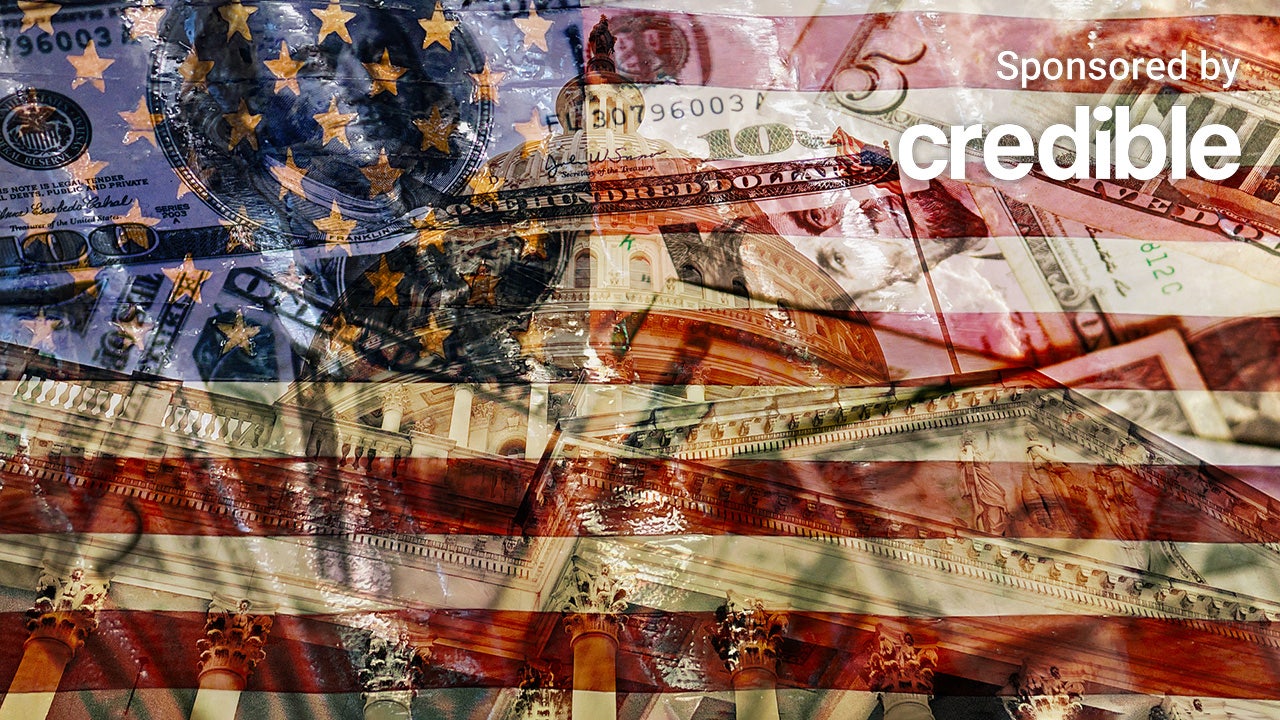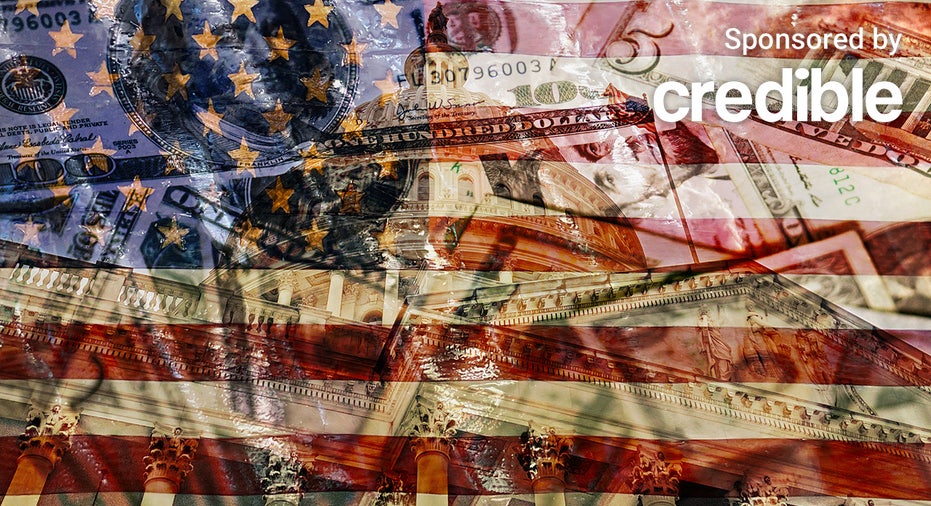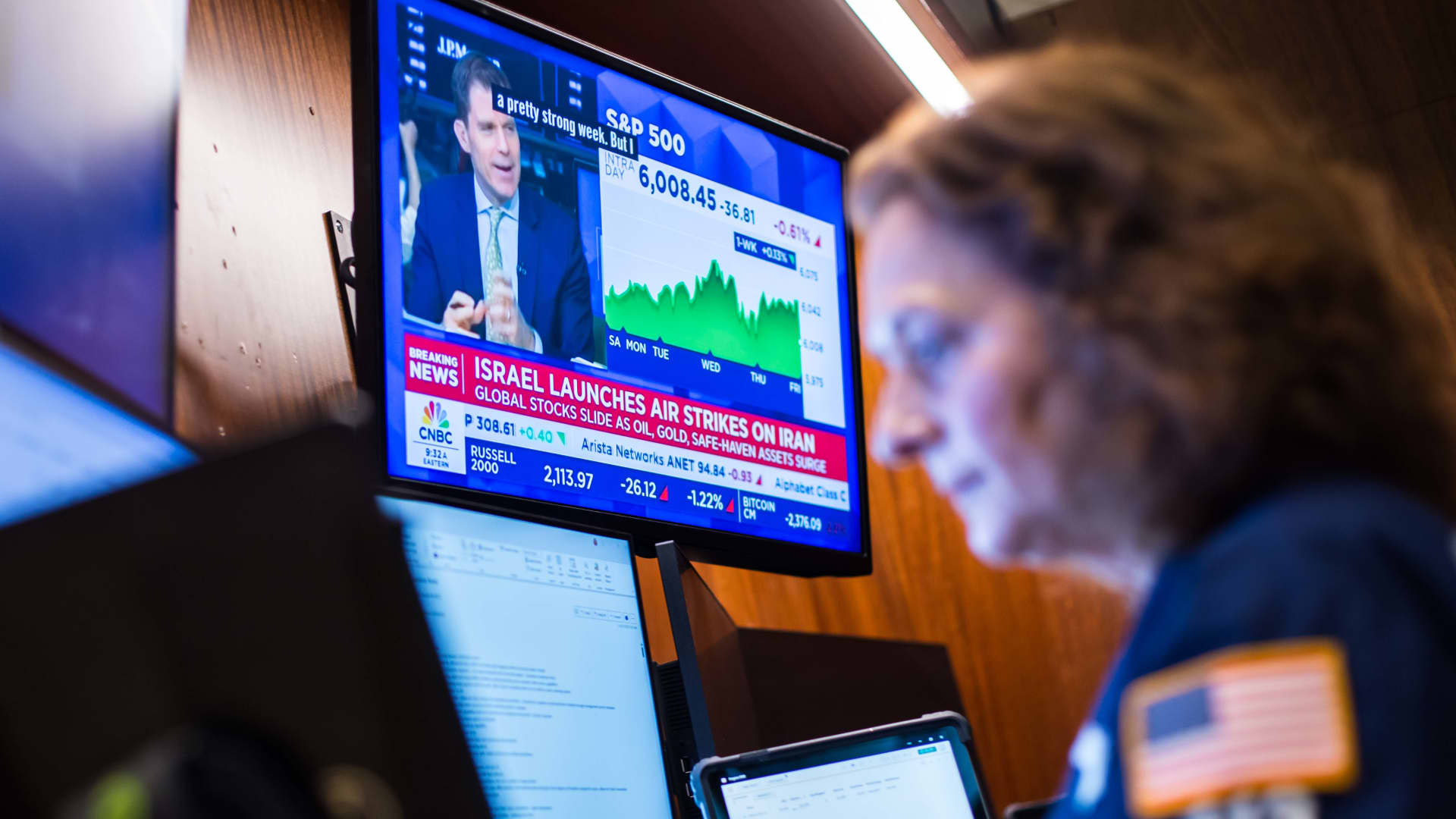89% of Democrats and 81% of Republicans think the government should help out with student loan debt. (iStock)
Students throughout the country agree that student loan forgiveness is a must. An Axios survey founds that students on both sides of the political spectrum think the government should be doing more to help them pay off their debts.
Of the 4,168 students surveyed, 89% of the Democratic students and 81% of Republicans said the government should offer more relief options.
The general population, outside of students, doesn’t necessarily agree to the same extent — 76% of Democrats, 62% of independents and 47% of Republicans want the government to help with student loan debts, according to the Axios study. Despite this disagreement, many Americans believe that student loans should be more affordable. About four in five Americans stated that the government should make student loans available at 0% interest rates.
The exponential cost of getting an education is also a topic many Americans are thinking about. Nearly 31% of students surveyed were afraid their future earnings wouldn’t be worth the money they spent on their higher education. This fear is something the Biden Administration has brought up in its new forgiveness options.
“College is meant to lead to a better life, but too many students end up struggling due to their student debt,” Under Secretary James Kvaal said.
Refinancing to a private student loan with a lower interest rate can help you get control over your student loan debt. If you’re considering refinancing, visit Credible to compare student loan refinancing rates, so you can find a better interest rate.
NEW STUDENT LOAN LAWS CAN HELP BORROWERS MANAGE BETTER IN 2024
Some students would consider becoming expats if their loans aren’t forgiven
Student loan debt is a financial strain for many Americans, and many borrowers would consider leaving the U.S. altogether if their loans aren’t forgiven, a Greenback Expat Tax Services study found.
About one in 10 Americans holding student loan debt have considered becoming expats if they don’t get student loan forgiveness. Considering only 9% of the students surveyed had their loans at least partially forgiven, a potentially large number of borrowers would consider leaving the country.
Borrowers are willing to move due to the intense stress associated with student loan debt. About 50% of survey respondents associated some of their anxiety with their student loan debt.
If you can qualify for a student loan refinance at a lower rate, it could help you pay down your student loans faster. You can use Credible to compare student loan refinancing rates from multiple private lenders at once without affecting your credit score.
STUDENT LOAN PAYMENTS HINDER RETIREMENT SAVINGS – HERE’S HOW EMPLOYERS ARE HELPING
Texas, California and Florida are the states that have seen the most student loan forgiveness
The Biden Administration recently released a state-by-state breakdown of how much relief borrowers have received through the SAVE plan.
The three states that have received the most forgiveness are Texas, California and Florida. This is unsurprising, since these three states also have the largest populations.
A total of 14,510 borrowers in Texas have received $116.6 million in forgiveness through the SAVE plan; in California, 13,580 borrowers have received $114.8 million in forgiveness; and in Florida, 12,790 borrowers have received $105.4 million in forgiveness. The next most populous state, New York, received $63.4 million in forgiveness for 8,190 borrowers since the SAVE plan was implemented.
The Biden Administration also released statistics on other forgiveness it has approved outside the SAVE plan. Due to fixes to Public Service Loan Forgiveness programs, $56.7 billion has been forgiven for 793,000 borrowers. Additionally, 930,500 borrowers had $45.6 billion forgiven through improvements to income-driven repayment. Plus, $11.7 billion was forgiven for students with total or permanent disabilities. Borrowers whose schools were closed or went through court cases have also seen $22.5 billion in forgiveness for 1.3 million borrowers.
If you have private student loans, federal relief doesn’t apply to you, but you can ease your debt burden by refinancing. Lock in some a low interest rate via the online marketplace Credible to see how much you could save.
MORE STUDENT LOAN FORGIVENESS IS ON THE HORIZON, AS U.S. COLLEGES COMMIT TO COST TRANSPARENCY
Have a finance-related question, but don’t know who to ask? Email The Credible Money Expert at [email protected] and your question might be answered by Credible in our Money Expert column.

 Economics1 week ago
Economics1 week ago
 Economics1 week ago
Economics1 week ago
 Economics1 week ago
Economics1 week ago
 Finance1 week ago
Finance1 week ago
 Blog Post1 week ago
Blog Post1 week ago
 Economics1 week ago
Economics1 week ago
 Personal Finance1 week ago
Personal Finance1 week ago
 Economics1 week ago
Economics1 week ago











